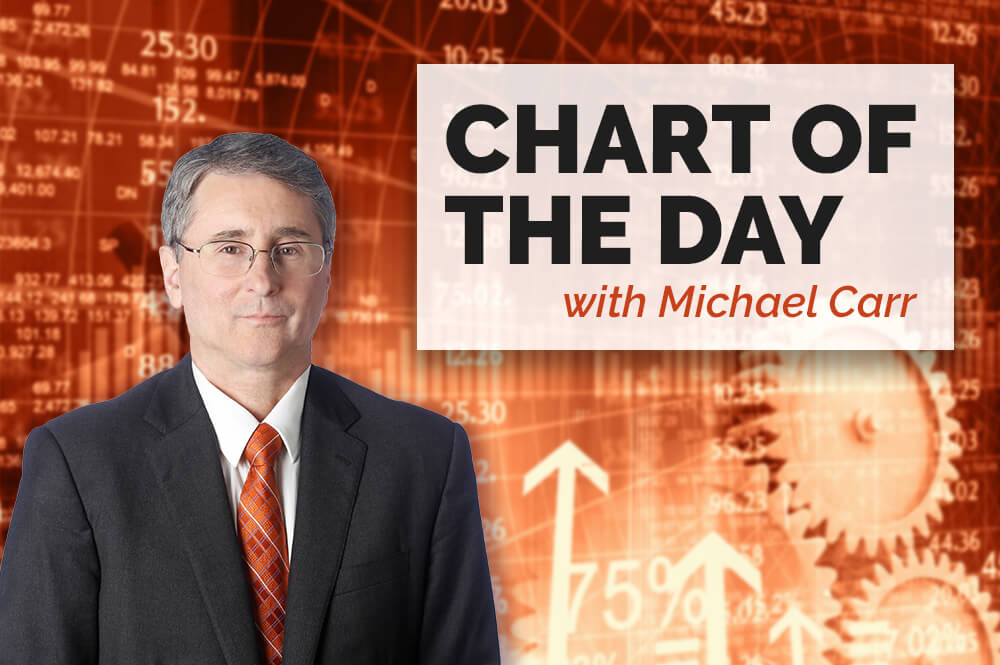Recent stock market action has puzzled some analysts. A selloff coincided with the rollout of a vaccine. This is unexpected.
Vaccines, many expected, would lead to normalcy. That might be true from an economic perspective. But investors are seeing losses in many of the stocks that prospered in the bull market.
The Nasdaq 100 Index, an index that tracks tech stocks like Apple, Microsoft, Amazon and other popular names, dropped more than 11% from its highs.
This isn’t just a problem for investors in tech stocks. Apple, Microsoft and Amazon account for more than 15% of the S&P 500. More than a third of that index consists of tech stocks.
By traditional measures, these stocks are overvalued. They trade at record highs on standard valuation tools like the price-to-earnings ratio. But they were overvalued months ago when prices were soaring to all-time highs.
The difference between then and now could be investor sentiment. Investors might not be as optimistic about the future as they were a few months ago.
A decline in sentiment isn’t limited to the U.S. This shift is seen around the world, as the chart below shows.
Global Confidence in Economic Recovery
Source: Absolute Return Partners.
Economic Nationalism, Investor Sentiment Could Endanger Global Stocks
This chart shows sharp declines in sentiment in Latin America, the Asia-Pacific region and Europe. In each of those areas, new problems like prolonged economic stagnation are arising as COVID-19 concerns ease. Unemployment remains elevated, and consumers are wary.
Additionally, economic nationalism is rising, and that could lead to declines in exports. This could be a significant problem in the Asia-Pacific region.
Countries in that region offer inexpensive labor. But in the recent crisis, countries like the U.S. learned they had problems responding quickly because many tasks were outsourced. National priorities now make cheap labor less appealing.
This is a time of uncertainty that is weighing on national economies and the stock market. Unless global sentiment turns up, global stocks are at risk of a bear market.
P.S. I’ve been telling my readers that someone could double their money in a year with this. By the end of 2020, I proved that to be true. My “One Trade” strategy has never had a losing year across 12 years of back testing. And last year’s live results were even better. Click here to see how it all works.
Michael Carr is a Chartered Market Technician for Banyan Hill Publishing and the Editor of One Trade, Peak Velocity Trader and Precision Profits. He teaches technical analysis and quantitative technical analysis at the New York Institute of Finance. Mr. Carr is also the former editor of the CMT Association newsletter, Technically Speaking.
Follow him on Twitter @MichaelCarrGuru.
